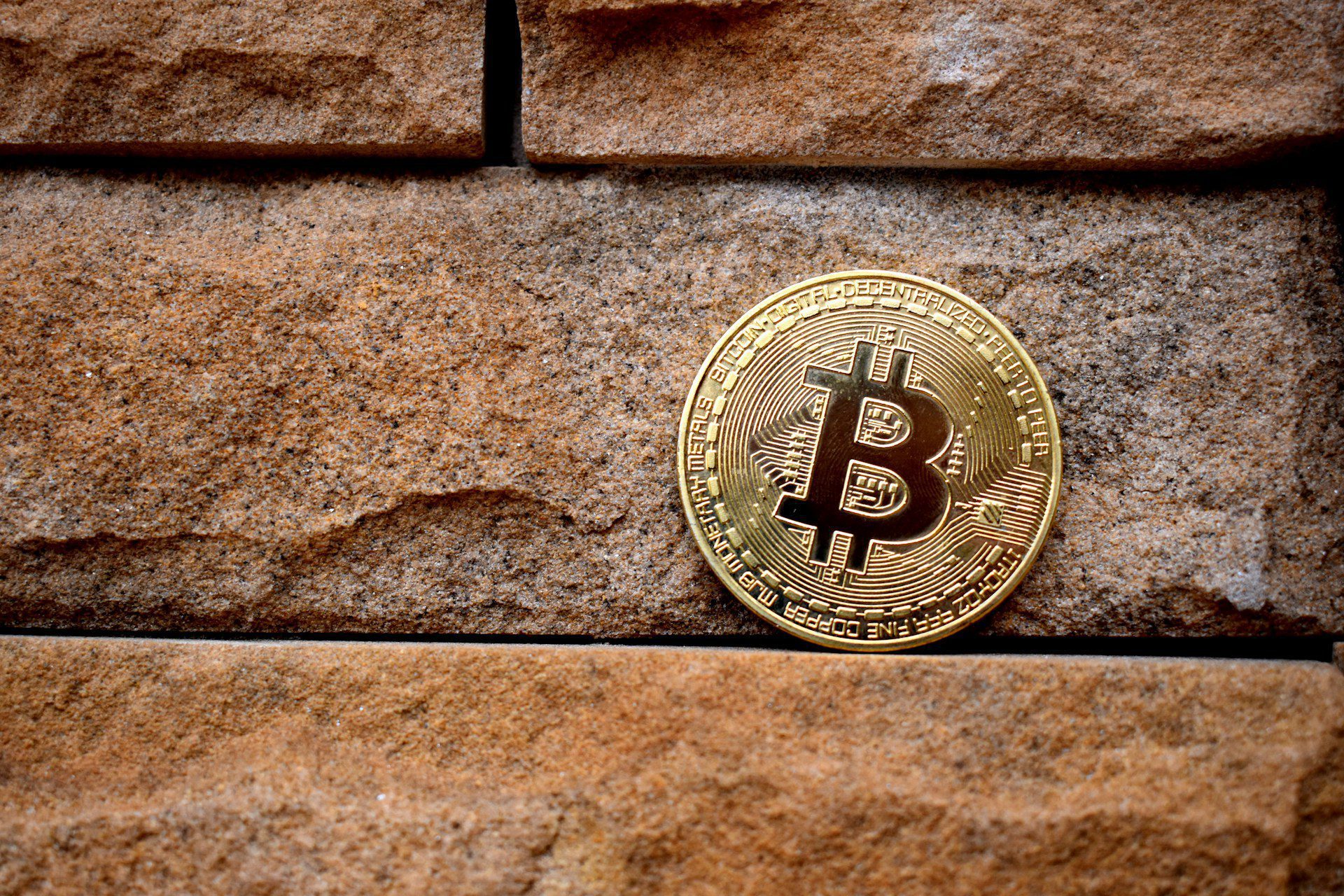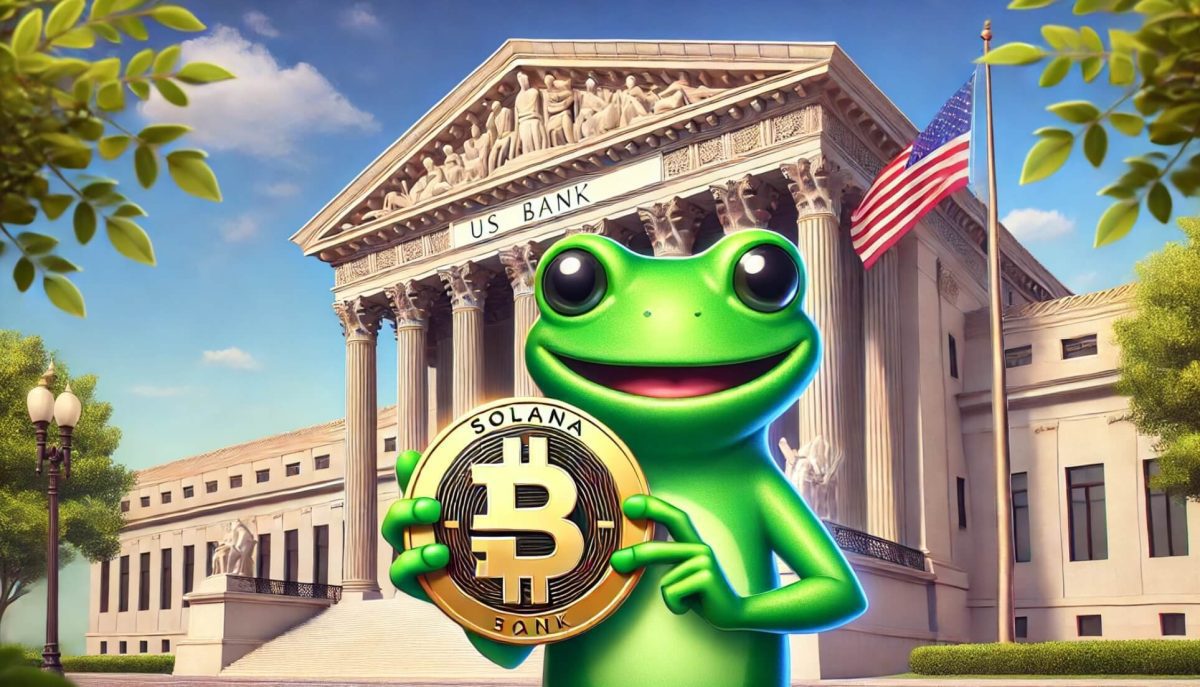On Thursday, Jeong Eun-bo, the chairman of the South Korea Stock Exchange, shared their intention to assess the potential approval of cryptocurrency-based exchange-traded funds (ETFs) as part of their “value-up program” to navigate ongoing market difficulties.
Korea Exchange Plans to Assess Crypto ETFs
On January 2, Jeong Eun-bo announced that the Korea Exchange will consider crypto-related ETFs this year during the 2025 Securities and Derivatives Market opening event. He pointed out that South Korea’s capital markets have encountered significant challenges in 2024, which has hindered the growth prospects for local firms.
Jeong also highlighted that both global unrest and domestic political events have rendered the market “considerably sluggish in comparison to leading nations.” The South Korean market will face ongoing challenges this year, as “both domestic and international economic conditions pose difficulties.”
Despite these challenges, the Chairman mentioned that the exchange would continue to advance its value-up initiative to “engage more prominent firms and foster a management approach focused on shareholder benefits.”
Furthermore, Jeong indicated that the Korea Exchange plans to study international examples to explore new business opportunities, including crypto ETFs, thereby venturing into uncharted areas of the capital market.
Notably, crypto ETFs have been prohibited in South Korea since 2017. The country’s financial regulator, the Financial Services Commission (FSC), reaffirmed its position even when the U.S. Securities and Exchange Commission (SEC) approved cryptocurrency-based investment options last year.
However, in October, the financial watchdog announced that a new advisory group would review the existing ban on digital assets, suggesting a potential shift from stringent regulations. This apparent change seems influenced by the unexpectedly successful launch of spot Bitcoin and Ethereum ETFs last year.
Political Instability Hindering Regulatory Progress
Previously, the head of the Korea Exchange advocated for the institutional integration of cryptocurrencies to “generate additional value.” Jeong emphasized the need for lawmakers and financial entities to reassess their views on digital assets, noting the significant growth and impact of the sector in recent years.
The Chairman urged that South Korea consider embedding digital assets within institutional finance, deeming it essential for revitalizing the market to remain competitive globally.
The current regulatory framework surrounding digital assets has stunted market growth and competitiveness for years. Nevertheless, any updates to crypto regulations will be paused until the current political crisis is resolved, which might take some time.
In December, President Yoon Suk Yeol declared a state of emergency martial law for the first time in 40 years, accusing the leading opposition party of aligning with North Korea and engaging in anti-state activities.
The National Assembly rejected the President’s declaration within six hours, effectively terminating the emergency martial law. The Assembly proceeded to impeach Yoon and Prime Minister Han Duck-soo, who stepped in as acting president following Yoon’s suspension.
According to reports from the Associated Press , South Korea’s presidential security forces thwarted attempts to detain Yoon during a six-hour stand-off at his residence.
Consequently, the anti-corruption agency intends to “strongly request” that the current acting leader, Deputy Prime Minister Choi Sang-mok, ensure compliance with the detention warrant.
The Constitutional Court is poised to decide whether to remove Yoon from office or restore him, requiring the support of at least six justices from the nine-member court to proceed with removal.






